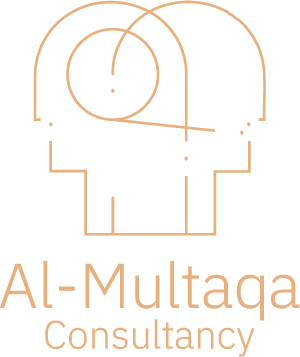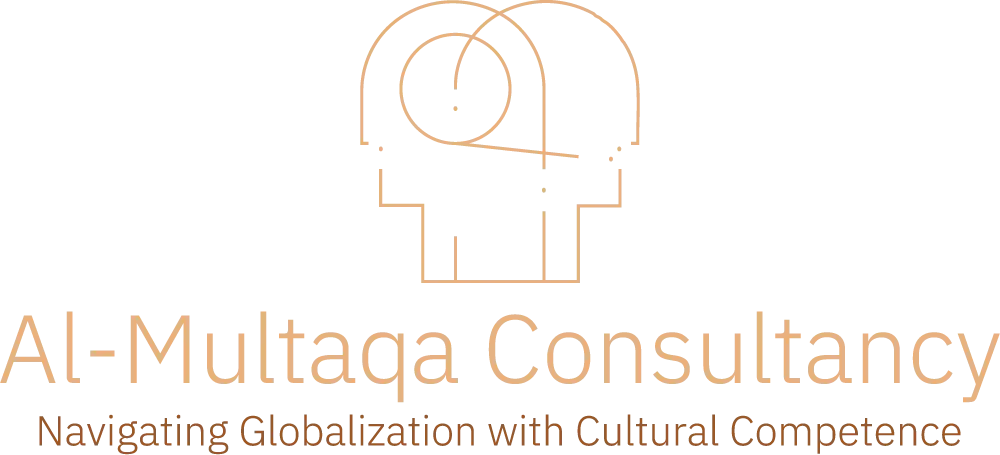The Importance of Intercultural Communication in the MENA Business Landscape
In the Middle East and North Africa (MENA) region, intercultural communication is not just a complementary skill but a necessity for business leaders. The region’s cultural landscape is a tapestry of intricate traditions, diverse languages, and varied business practices, making it a complex environment for conducting business. Understanding these cultural dynamics is crucial for leaders who aim to navigate successfully and foster strong business relationships in the region.
Intercultural communication in the MENA region involves more than just language proficiency. It encompasses understanding cultural nuances, religious practices, and social customs that significantly influence business interactions. For instance, a handshake in one culture may be a simple greeting, while in another, it can signify a commitment or a sign of deep respect. Leaders need to be adept at reading these signals to avoid misunderstandings and to build trust.
The challenges leaders face in the MENA business landscape are numerous. From deciphering body language to mastering the art of negotiation in culturally appropriate ways, the path is fraught with potential pitfalls. Missteps in communication can lead to misunderstandings, strained relationships, and ultimately, failed business ventures. However, leaders who excel in intercultural communication can turn these challenges into opportunities. They can facilitate smoother negotiations, foster stronger partnerships, and leverage cultural diversity to drive business success.
Al Multaqa Consultancy has been pivotal in equipping leaders with these essential skills. Through comprehensive training programs, they have enabled business leaders to develop a profound understanding of the diverse cultures within the MENA region. Real-life examples illustrate these successes, such as a case where a global corporation improved its negotiation outcomes by adopting culturally sensitive communication strategies taught by Al Multaqa Consultancy. Another instance involved a multinational company that strengthened its partnerships across the region by understanding and respecting local customs and traditions, thereby enhancing their market presence.
In conclusion, mastering intercultural communication is indispensable for leaders in the MENA region. By embracing the region’s cultural diversity and deploying effective communication strategies, leaders can achieve more successful business outcomes, build robust partnerships, and navigate the complexities of the MENA business environment with confidence.
Building Effective Leadership Skills for Complex Global Markets
In today’s interconnected and complex global business landscape, effective leadership skills are paramount for thriving, particularly in the MENA region. Leaders must exhibit a combination of cultural intelligence, adaptability, and strategic thinking to navigate and lead successfully in diverse environments. Al Multaqa Consultancy recognizes these needs and offers tailored training programs aimed at developing these essential leadership qualities among both emerging and established leaders.
Cultural intelligence stands out as a vital trait for leaders operating in global markets. It involves understanding and respecting cultural differences, which facilitates smoother communication and collaboration across borders. Leaders with high cultural intelligence are better equipped to build strong, cohesive teams, fostering an inclusive environment that respects diversity. This is especially critical in the MENA region, where the cultural mosaic can present unique challenges and opportunities.
Adaptability is another crucial leadership skill in global markets. Rapid changes in market dynamics necessitate a leader’s ability to pivot strategies and approaches quickly and effectively. Leaders trained by Al Multaqa Consultancy are taught to embrace change and uncertainty, turning potential challenges into opportunities for innovation and growth. This flexibility not only enhances a leader’s ability to respond to immediate needs but also equips them to anticipate future trends and disruptions.
Strategic thinking is essential for any leader aiming to excel in a complex market. This involves a deep understanding of market forces, competitor activities, and internal capabilities. Al Multaqa Consultancy’s programs emphasize the development of strategic insights, enabling leaders to make informed decisions that align with their organization’s long-term goals. Such strategic acumen is critical for achieving a competitive edge in the highly dynamic and competitive global business environment.
Real-world application of these skills translates into tangible advantages. Leaders who have undergone training with Al Multaqa Consultancy report significant improvements in team cohesion, innovation, and overall competitive positioning. For instance, a CEO of a leading MENA-based tech firm noted, “The cultural intelligence and strategic thinking skills I developed through Al Multaqa’s training have been instrumental in driving our international expansion and fostering a collaborative, innovative company culture.”
Al Multaqa Consultancy’s commitment to building these leadership capacities ensures that leaders are not only prepared to meet current global challenges but are also positioned to leverage emerging opportunities with confidence and strategic foresight.



